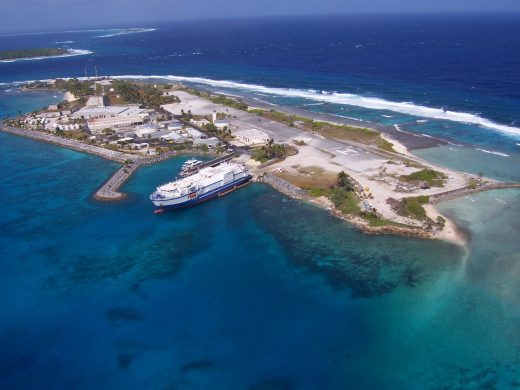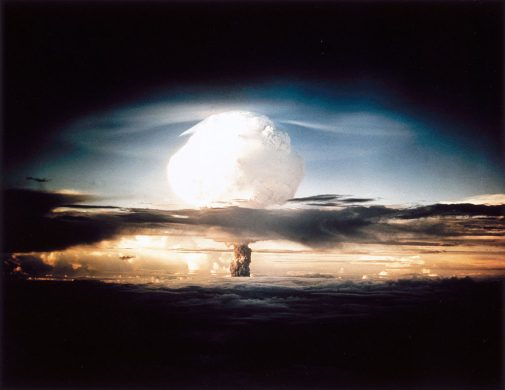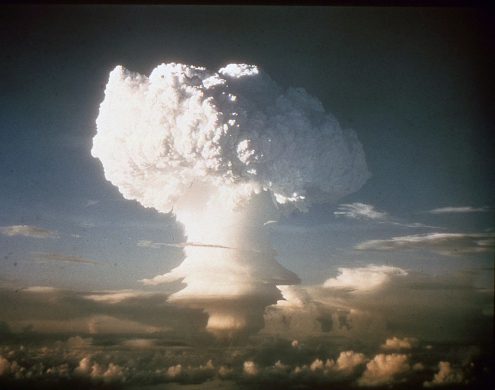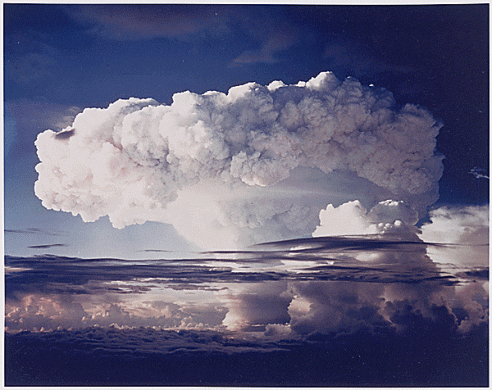The Paris Agreement is nearing a critical threshold of pledges and is likely to enter into force this year, according to a press release from the Foreign Ministry of Marshall Islands.
According to an analysis compiled by the Ministry of Foreign Affairs of the Republic of the Marshall Islands, around 58 countries together representing nearly 54% of global emissions have now ratified, or pledged to work towards the ratification of the Paris Agreement by the end of 2016.
This includes Peru, Morocco, Iran, Ukraine and Ghana which all completed their domestic ratification processes in the last month, as well as the United States and China which are expected to ratify the Agreement in the coming weeks.
If countries representing just over 1% of global emissions are now also able to do so before the end of 2016, this would likely tip the Agreement above its entry-into-force threshold of 55 countries accounting for at least 55% of global emissions.
For example, achieving this now would likely only require Russia, India, Japan, Brazil, Korea, South Africa or Turkey to also ratify the Agreement in 2016.
Record number of Parties signed
In March, RMI became the third country to ratify the Agreement, following quickly in the footsteps of its Pacific island neighbors of Fiji and Palau.
A record breaking 175 Parties went on to sign the Paris Agreement at a signing ceremony held in New York in April where RMI became the first country to deposit its instrument of ratification with the UN Secretary-General – a further five have since signed the Agreement, and a total of 22 Parties have now deposited their instruments of ratification.
Speaking on the release of today’s analysis, RMI President Dr. Hilda Heine, said:
“What we agreed in Paris at the end of last year will likely now have the force of the law by the end of this year. This is a big recognition of the urgency with which we must now get on with the job.”
RMI’s Minister of Foreign Affairs, The Honorable John Silk, added:
“There can be no excuse for countries unnecessarily dragging their feet towards ratification”.
“We hope many more countries will come forward and pledge to get this done by December, and we expect the UN Secretary General’s invitation to accept instruments of deposit at a special event on the sidelines of the General Assembly on 21 September will only add to this groundswell.”
Stil a lot of work
RMI’s Climate Ambassador and the convener of the High Ambition Coalition, Tony de Brum, added:
“There is still a lot of work to do to secure a safe climate future. This means doing all that we can to bend global emissions trajectories in the direction of the temperature goals we agreed for the first time in Paris – to limit warming to well below 2˚C, and pursue efforts towards 1.5˚C”.
“Global emissions need to peak this decade. Our Coalition is ready to again take the lead and has identified the early entry into force of the Paris Agreement as one of its three priorities for action in 2016.”
No withdrawal for four years
The Agreement will enter-into-force 30 days after instruments of ratification crossing the requisite thresholds have been deposited. At that point, no Party can withdraw for four years.
A full list of countries included in this analysis is available (this excludes Austria, France, Germany, Hungary and Spain which have completed their domestic ratification, or pledged to do so by the end of 2016, but will collectively deposit as part of the EU; they account for a further 5.13% of emissions): http://bit.ly/2ax72t3













